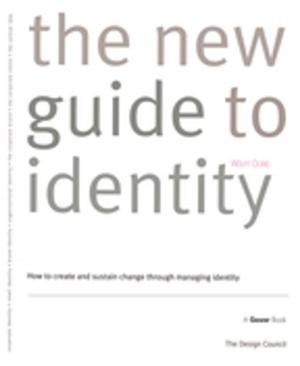Experiencing Spontaneity, Risk & Improvisation in Organizational Life
Working Live
Business & Finance, Management & Leadership, Management| Author: | ISBN: | 9781134266241 | |
| Publisher: | Taylor and Francis | Publication: | May 9, 2006 |
| Imprint: | Routledge | Language: | English |
| Author: | |
| ISBN: | 9781134266241 |
| Publisher: | Taylor and Francis |
| Publication: | May 9, 2006 |
| Imprint: | Routledge |
| Language: | English |
The perspective of complex responsive processes draws on analogies from the complexity sciences, bringing in the essential characteristics of human agents, understood to emerge in social processes of communicative interaction and power relating. The result is a way of thinking about life in organizations that focuses attention on how organizational members cope with the unknown as they perpetually create organizational futures together.
This book introduces and explores the possible meanings of the idea of ‘working live’. It makes sense of the sense-making experience itself, drawing attention to the way ideas and concepts emerge ‘live’ in all conversations in organizations. An appreciation of the open-ended, improvisational nature of ongoing human communication becomes key to such an understanding.
This book will be of great value to readers looking for reflective accounts of real life experiences in organizations, rather than further prescriptions of what life in organizations ought to be.
The perspective of complex responsive processes draws on analogies from the complexity sciences, bringing in the essential characteristics of human agents, understood to emerge in social processes of communicative interaction and power relating. The result is a way of thinking about life in organizations that focuses attention on how organizational members cope with the unknown as they perpetually create organizational futures together.
This book introduces and explores the possible meanings of the idea of ‘working live’. It makes sense of the sense-making experience itself, drawing attention to the way ideas and concepts emerge ‘live’ in all conversations in organizations. An appreciation of the open-ended, improvisational nature of ongoing human communication becomes key to such an understanding.
This book will be of great value to readers looking for reflective accounts of real life experiences in organizations, rather than further prescriptions of what life in organizations ought to be.















